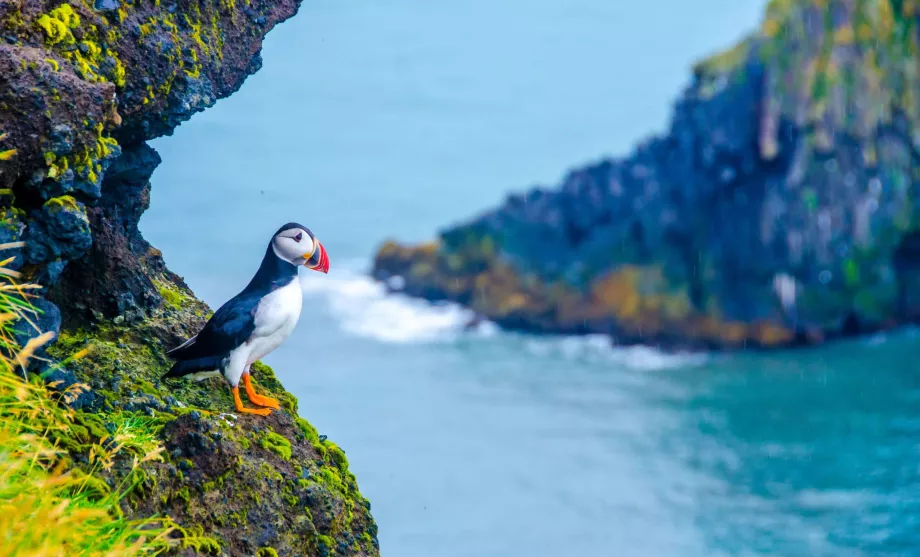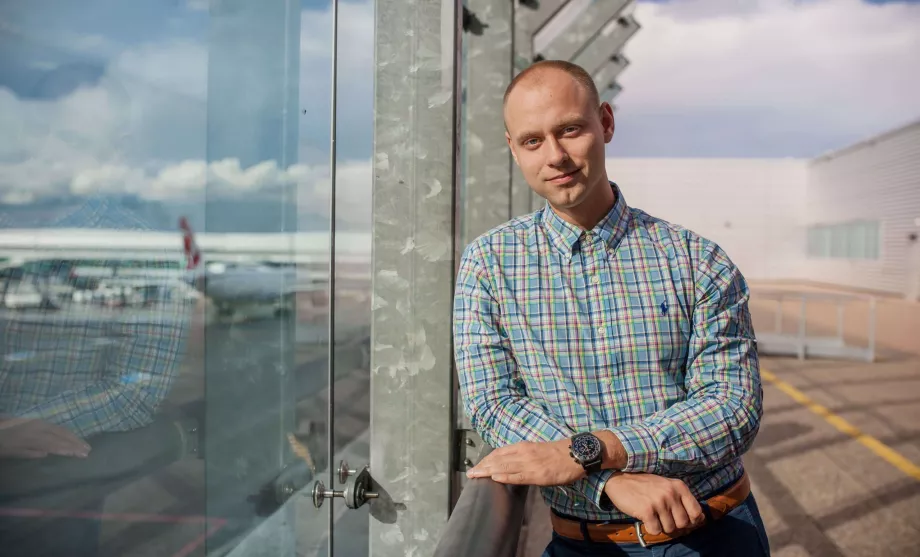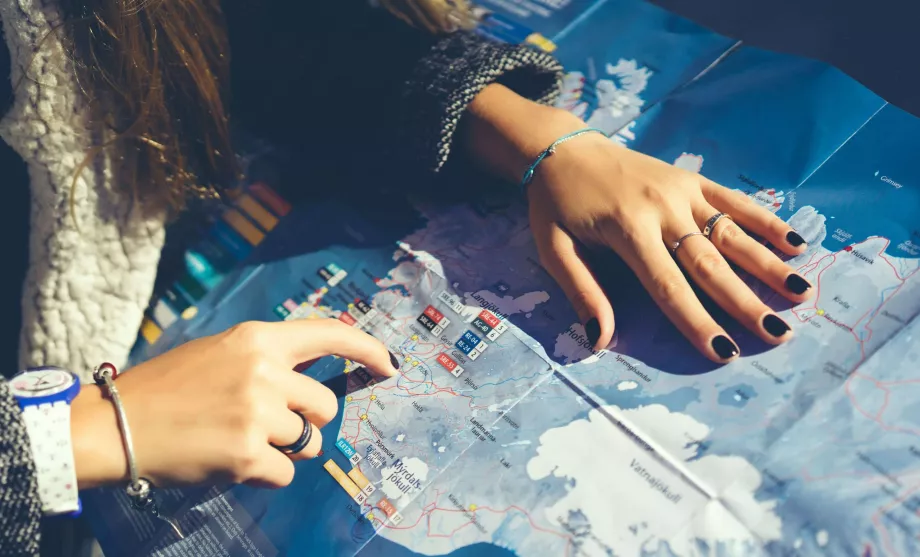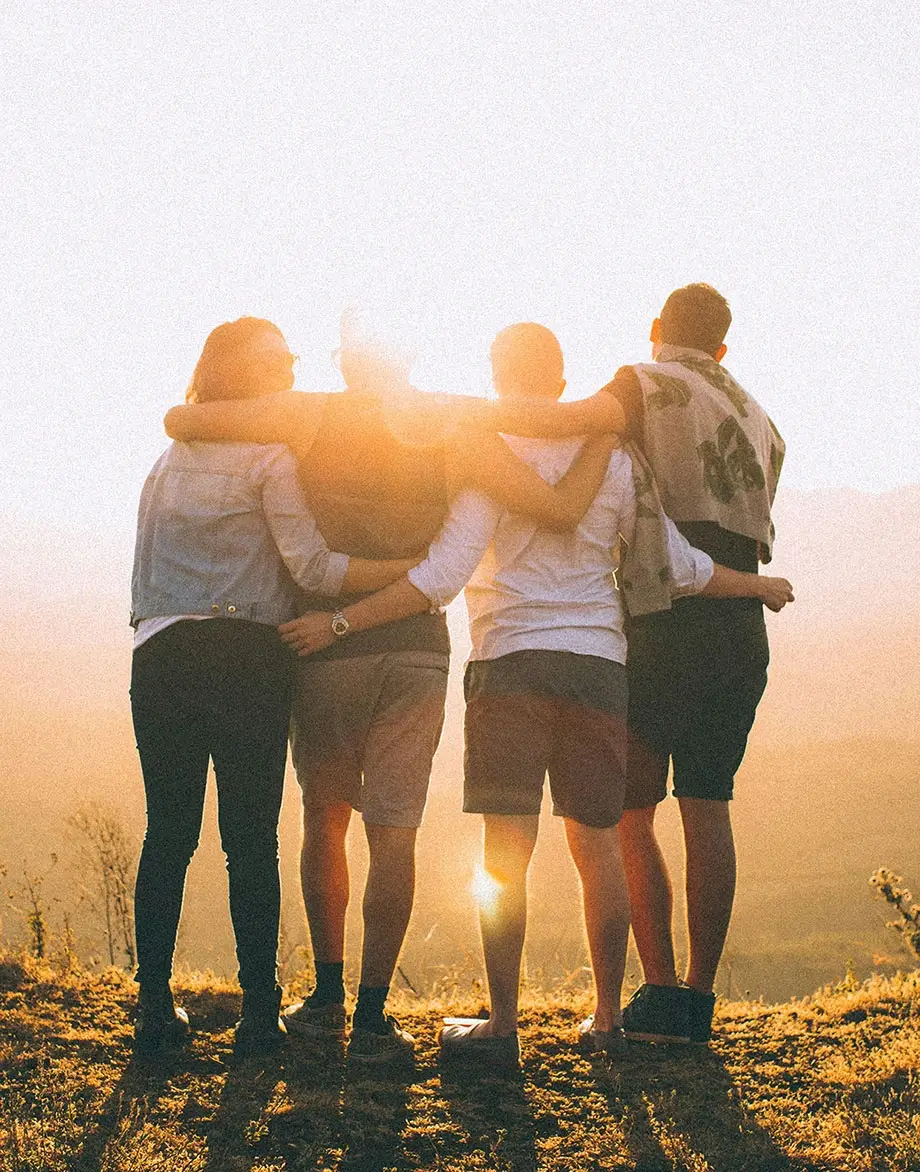Islândia - cultura e história

How easy is it to speak English in Iceland? What are Icelanders like and what to avoid in Iceland?
History in a nutshell
Iceland began to be settled in the 9th century when Irish monks and then Vikings from Norway came to the island. Iceland's traditions are mainly drawn from the period between the 10th and 13th centuries, when a parliament was established (the oldest in the world - its building can still be seen in Thingvellir National Park) and most of Iceland's sagas were written.
After that, Iceland was for a long time under the rule of first Norway and then Denmark, until 1944, when the Republic of Iceland was proclaimed.
People and religion
Viking ancestry and the island's isolation have shaped Icelanders and their culture for centuries. Icelanders place great importance on traditions and family pilgrimages, and are a very resilient yet warm people.
Icelanders believe in elves and trolls (not all of them, but a lot of them do). At first you'll think it's a joke, but then you'll find out they really mean it. Elves are good if you mean well with them. As soon as you try anything unfair, they will retaliate.
Icelanders are used to foreigners. After all, Iceland gets 5 times more tourists a year than the population of the island. Usually the locals do not particularly seek contact with tourists, but if you need advice or help, you will almost always get a very helpful answer.
Despite its relatively large size, Iceland has a population of just 380 ,000. This makes Iceland the 4th most sparsely populated independent country.
More than 86% of the total population is Icelandic, however a significant 6% minority are Poles who travel to Iceland for work. Other minorities include Lithuanians and Germans.
Religion and faith
Icelanders are over 70% Christian, with over 60% of them being Evangelicals of the Church of Iceland and the rest Catholic.
Faith does not play a major role in Iceland, and Icelanders are among the nations with the least affinity for religion.
Holidays
The most important holidays for Icelanders are Christmas and Easter. In addition, they also have a day off in the second half of April, when they celebrate the arrival of summer, and on 17 June, which is Independence Day.
Days of rest in Iceland
On the following days, banks remain closed, offices and some shops many have limited working hours.
Especially the first day of summer is celebrated a lot in Iceland. People are out on the streets, various cultural and music festivals are held and celebrations go long into the night.
- 1 January - New Year
- Green Thursday - floating date (Easter)
- Good Friday - floating date (Easter)
- White Saturday - floating date (Easter)
- Easter Sunday - floating date (Easter)
- Easter Monday - floating date (Easter)
- First day of summer - Thursday between 19 and 25 April
- 1 May - Labour Day
- Ascension Day - floating date (celebrated 40 days after Easter)
- Pentecost (Sunday) - floating date (celebrated 50 days after Easter)
- Whit Monday - first Monday after Pentecost (movable date)
- 17 June - National Day (Foundation Day of the Republic of Iceland)
- Frídagur verslunarmanna - first Monday in August
- 24 December - Christmas Eve
- 25 December - First Christmas Day
- 26 December - Second Christmas Day
- 31 December - New Year's Eve
Culture
Icelanders are duly proud of their culture. Literature has a long tradition in Iceland, whether you come across thousand-year-old sagas or modern Icelandic literature.
Iceland produces the most musicians per capita in the world, so it's no wonder music is such an important part of life for Icelanders. In recent times, Icelandic artists have become famous all over the world, including Björk and Sigur Rós.
Icelanders also love their geothermal heated swimming pools. However, the pools are not for swimming for most, you're more likely to come across locals relaxing in hot tubs.
Language
The official language of the island is Icelandic, which is spoken by the vast majority of the population. Icelanders are duly proud of their language, which is why Icelandic has barely changed since the Norwegian Vikings settled the island.
Mini-dictionary:
- Hello - Góðan dag,
- Goodbye - Bless,
- Thank you - Takk,
- Yes - Me,
- No - Nei,
- Excuse me - Afsakið, Fyrirgefðu,
- Cheers! - Rocks!,
- Where is...? - Hvar er...?,
- I don't understand - Ég skil ekk,
- Papuchalk took my sandwich - Lundi tók samlokuna mína.
Can I speak English in Iceland?
You can speak English all over Iceland without any problems. Most Icelanders speak English fluently, albeit with a strong accent.
English is spoken in all services and offices.
Tourism
Iceland's growing popularity with travellers and its sparse population means that, especially in the summer months, the number of visitors to the island almost equals the number of locals. In practice, this means that you will hear English and other languages much more than Icelandic. Despite this, tourism in Iceland is still moderate.
Tourist services are of a high standard and there are plenty of options to choose from, whether you opt for whale watching, car hire or perhaps a ride on an Icelandic horse. The information centres work perfectly well and they are also very happy to give you advice at hotels, hostels or campsites.
Iceland has a great network of modern campsites. There are many hotels in the larger towns and major natural attractions and in the smaller towns the locals run their own private apartments.
Ainda há perguntas?
Se tiver perguntas ou comentários sobre o artigo...


